In one of the most telling scenes of Basu Chatterjee’s Kamla Ki Maut, an adolescent girl is seen flipping through semi-porno magazines as she pens a love letter to her middle-aged tuition teacher. The teacher is a married man with fat glasses, a massive moustache, and a jhola he carries around like any other Masterji in rural India. He gorges on the snacks, drinks hot tea and mistakes the girl’s adoration for him as that of a dutiful student.
And it all comes down when he reads the letter from her. It is a young girl’s hormones taking over her. The film dwells on this repressed sexual urge of an India where it was ‘improper’ to openly address the birds and the bees, even with a population of more than 700 million.
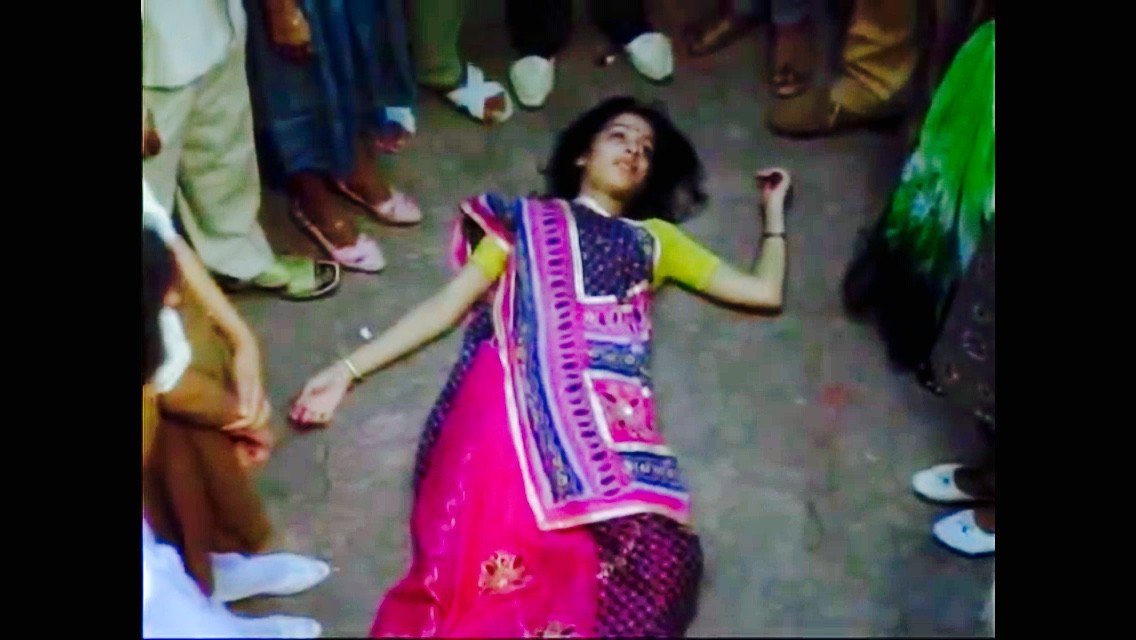
A young girl kills herself by jumping from the third floor of a building, and the shock is quickly taken over by the murmurs of the gossip mongers. It almost unfolds as a satire, as the family of four living next door, animatedly discusses how the shame of a pre-marital pregnancy led the girl to take her own life. The mother even says, given that the girl had been ‘roaming’ with a guy for so long without getting married, it was hardly surprising that she had brought ‘shame’ to herself and the family.
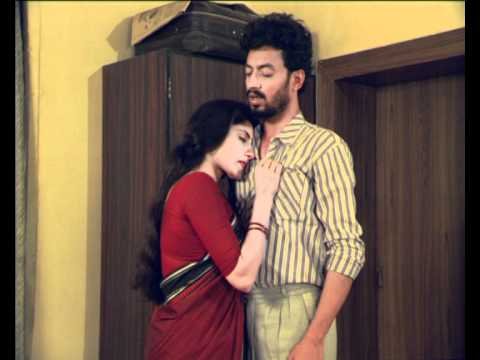
However, this suicide at the very beginning becomes the first domino for the movie. Even though the family of four are at first excited about the ‘newest scandal’ in their building community, all of them go into introspection as the night progresses. The past demons surface, and some important questions are asked about the shame surrounding promiscuity among the young ones. It only becomes all the more scandalous, when it is found to be premarital or extramarital. The two young girls closer to the age of the suicide victim, look back upon their own instances of being promiscuous with their own respective lovers in college.
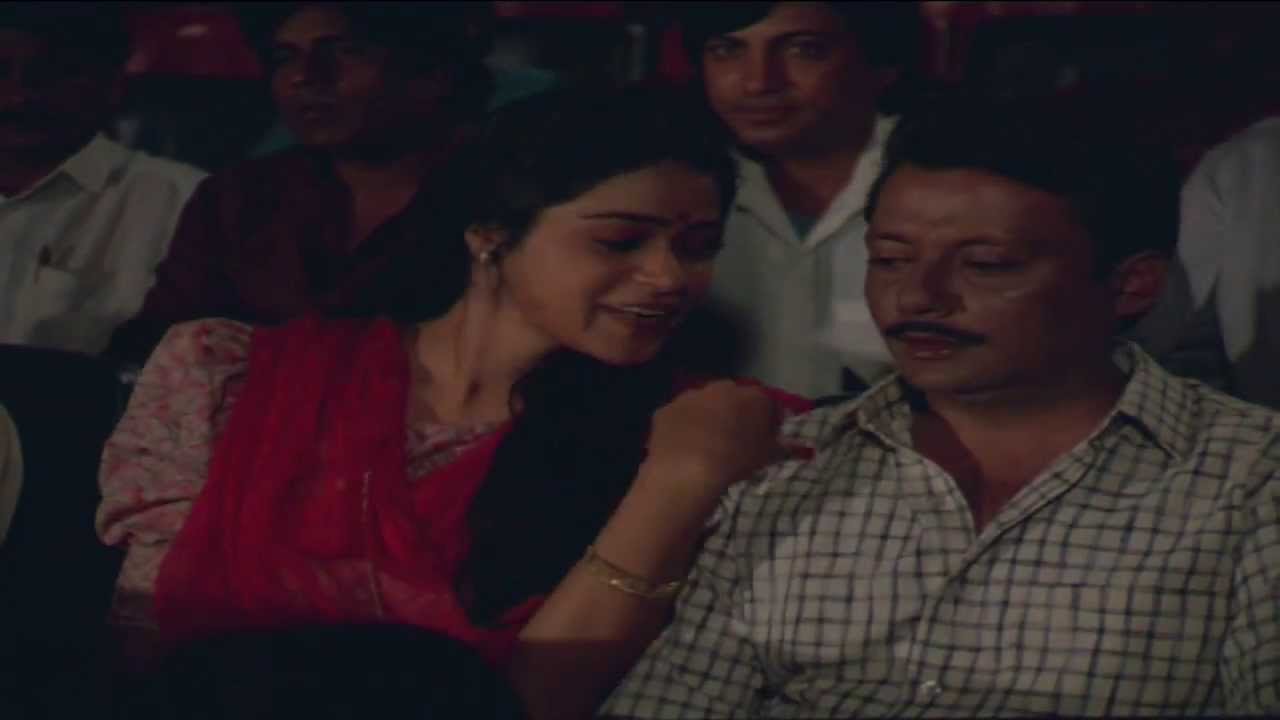
Both the girls can’t stress enough on the society’s hypocrisy towards the women as they shame them for ‘bringing it upon herself and her family’ if she gets pregnant while exploring her sexuality. Even as the men go scot-free and go on to marry their ‘virginal brides’. At some point, the elder daughter (played by Roopa Ganguly) even compares her boyfriend to junk food. Something she knows will end with indigestion, but something she simply cannot get enough of. Both sisters warn each other about suppressing their desires ‘before marriage’ lest they end up in the same situation as their late neighbour. But they can’t both help wonder how they are supposed to police their own actions, even as the men in the equation aren’t asked a single question about their desires.
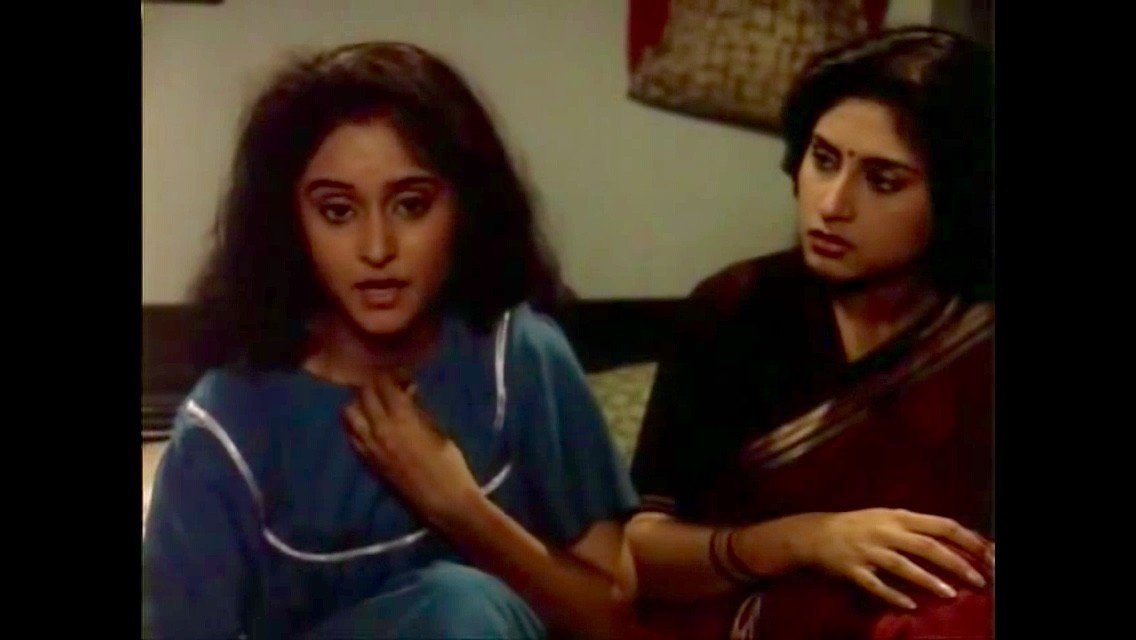
The most interesting arc of the movie comes in the form of the father’s (played by Pankaj Kapur) story. The benign elderly man of the house, as he’s haunted by his days as a philanderer. Unable to curb his enthusiasm after seeing an attractive woman, he sleeps with a village belle, charms his way with a work colleague and gets her pregnant. He even has an affair with a friend’s wife and even has to suffer the walk of shame when he gets found out. Ostracised out of his social and work circles, he is given the choice of marrying an adolescent girl and ‘settling down’. The same girl who tries to kill herself after being rejected by her tuition teacher.
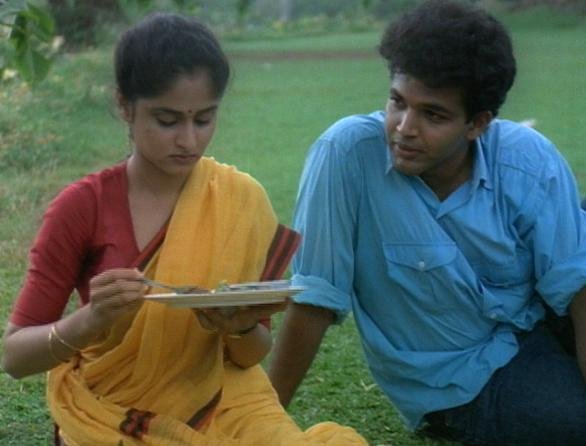
All family members are haunted by the demons of their past, in the course of one night in the aftermath of their neighbour’s suicide. And the only thing that remains, in the end, is their guilt which threatens to rip the mask off their ideal family, in front of the community as well as each other. The only redemption is the passage of time, which takes them farther away from their past.
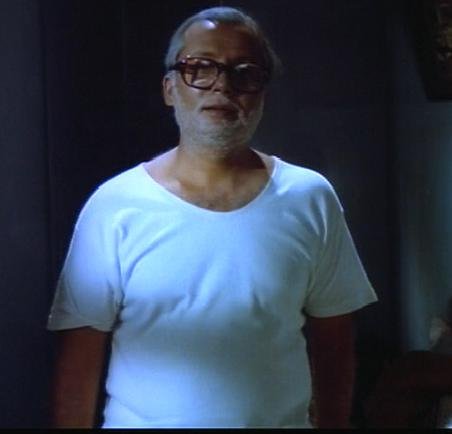
The sexual urge hiding somewhere behind the mask of a ‘respectable member of the society’, only came off in dark theatres and behind closed doors. The film tries to explore the society’s tendency to shame people for displaying their urges. Kamla Ki Maut was that rare film which attempted to find out why sex between consenting adults was such a taboo topic of discussion in India. Starting this conversation in the 80s, the film was definitely ahead of its time discussing some far-from-ideal characters and the consequences of their mistakes.
















